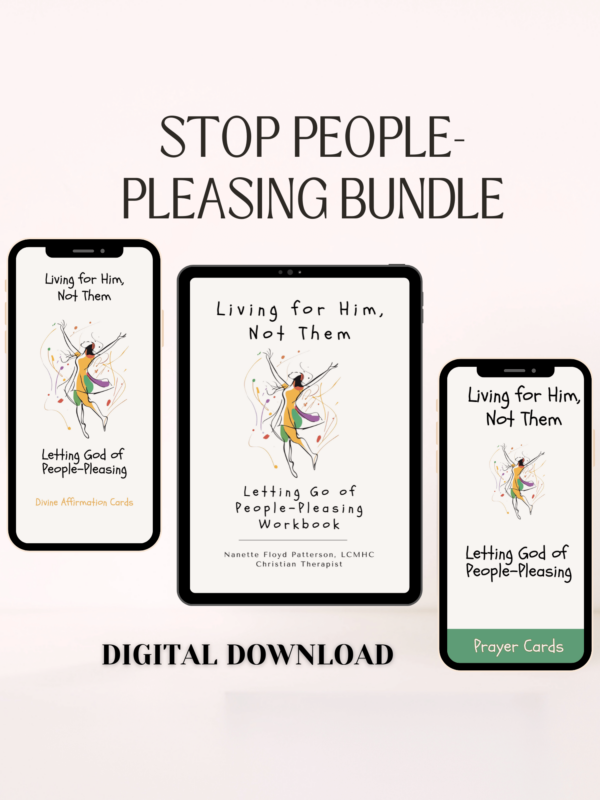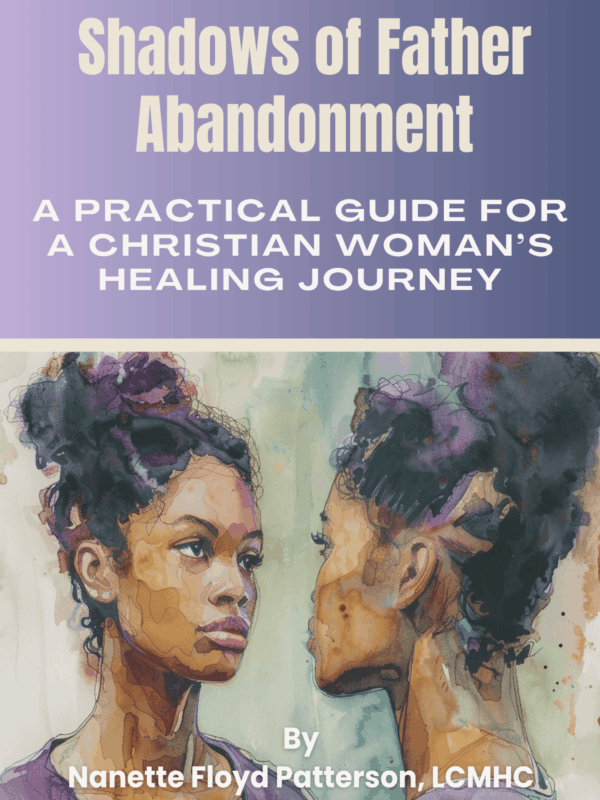Hey there! Recently, after my Create & Publish Your No Nonsense Journal Bootcamp, I was thinking about the various types of journals and the reasons people write in them. (Sidebar…I’m a big advocate for journaling) I believe the most common reasons are for self-discovery and self-reflection. Then I thought, “Is there a difference between the two?” Even though people use the two words interchangeably, they are quite different yet interconnected. Have you ever wondered what distinguishes these two concepts? Let me shed some light on it!
If we look at life as a journey, self-reflection and self-discovery are like two hands guiding us through it. Picture the Apostle Paul in the Bible; he was first Saul, a persecutor of Christians, but his journey led him towards self-discovery and then deep self-reflection. It was a moment of self-discovery on the road to Damascus when he encountered Jesus (Acts 9:1-19), and then his subsequent self-reflection led him to become one of the most influential apostles of Christ.
Self-discovery is like opening a new chapter of a book that is our life, where we unravel facets of our personality that were previously hidden or unknown. It can come in surprising waves, sometimes through moments of extreme joy, and at other times through trials and tribulations. Think about the time when David, while still a shepherd boy, discovered his courage and faith when he confronted Goliath (1 Samuel 17). This self-discovery changed his life forever.
On the other hand, self-reflection is more like rereading the chapters we’ve already explored. It’s an act of deliberate introspection, where we mull over our thoughts, actions, and experiences, seeking to understand and grow from them. This process allows us to change, adapt, and deepen our understanding of ourselves and our relationship with God. Moses, for example, reflected deeply on his encounter with the burning bush (Exodus 3). It helped him to understand his mission and his relationship with God, transforming his life in profound ways.
Now, let’s dig a bit deeper. Take a moment to ask yourself:
– What were the significant moments of self-discovery in my life?
– How have I grown from these experiences?
– What patterns do I notice when I reflect on my thoughts, emotions, and actions?
These questions help us to engage both in self-discovery and self-reflection.
Let me share a simple example to illustrate the difference between these two processes. Imagine you have an unexpected reaction to a challenging situation at work. The initial realization that you’re capable of handling stress in ways you never knew possible is an act of self-discovery. As you delve deeper, asking why and how you reacted as you did, considering your feelings, thoughts, and underlying beliefs, you’re stepping into the realm of self-reflection.
At the heart of this all is a journey towards a deeper understanding and a more authentic expression of our true selves. Just as we see in Jeremiah 29:13, “You will seek me and find me when you seek me with all your heart.” Both self-reflection and self-discovery are integral parts of this seeking and finding.
In the end, whether we’re talking about self-discovery or self-reflection, the goal isn’t to reach a finish line. It’s about the ongoing process of growth and transformation that makes our life richer and our relationships, especially with God, deeper and more fulfilling.
So, friend, embrace both self-discovery and self-reflection. They are like companions on your journey, each holding a lantern that sheds light on different parts of your path. May your journey be filled with revelation and wisdom, much like Solomon’s pursuit of wisdom in Proverbs 2:4-5, “If you seek it like silver and search for it as for hidden treasures, then you will understand the fear of the LORD and find the knowledge of God.”
Remember, the journey inward is just as important as the journey onward.
[/et_pb_text][/et_pb_column][/et_pb_row][/et_pb_section]





